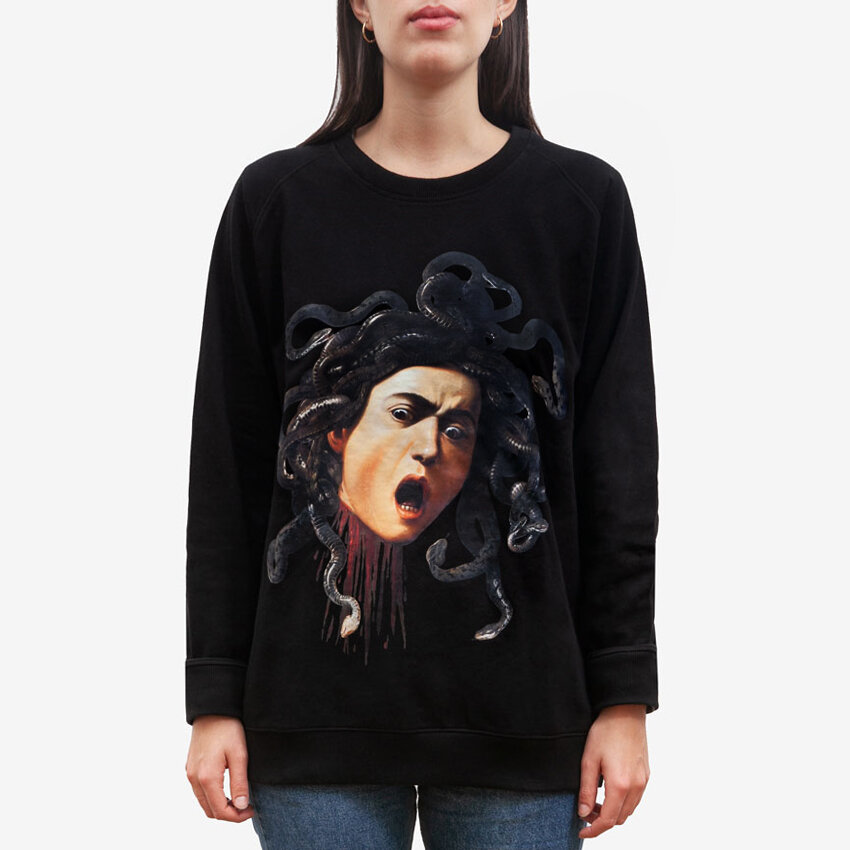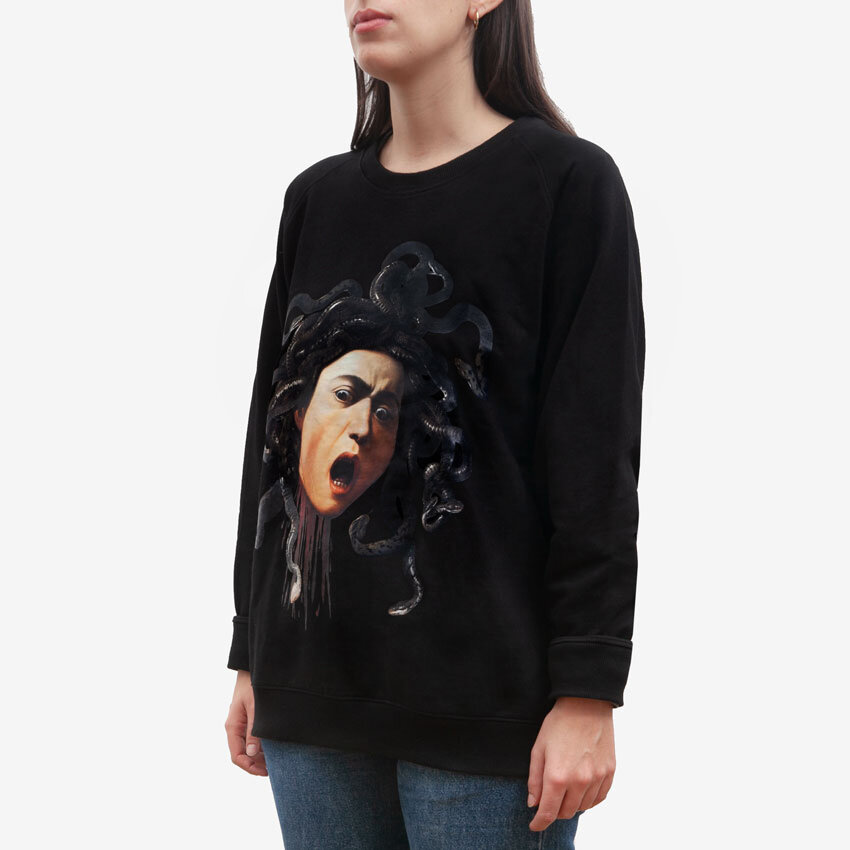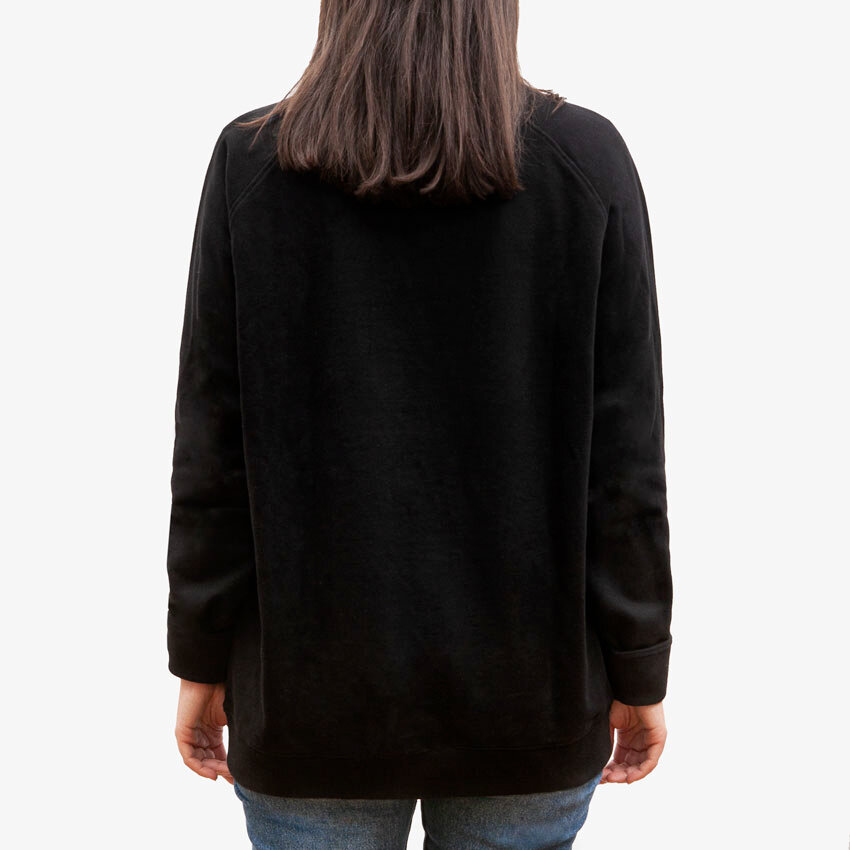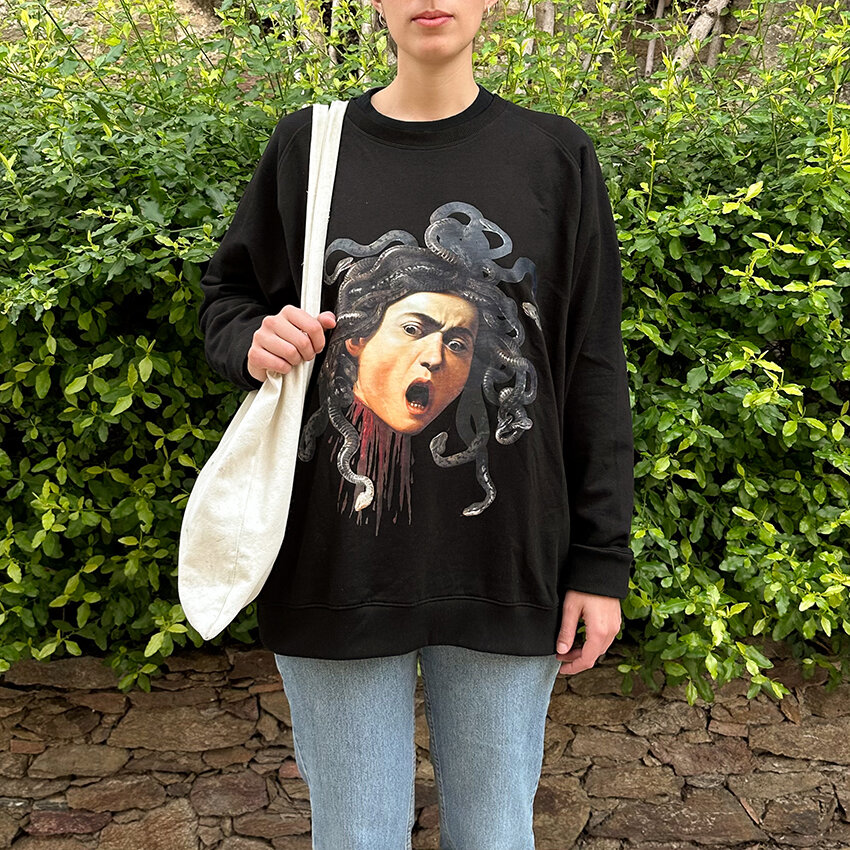100% Cotton in conversion (cotton grown according to organic standards, but not yet certified)
Certifications: GOTS Cotton in conversion, Fairtrade, EU Ecolabel, SA800 and Oeko-Tex
Produced with wind energy
*Tiger cotton: The first Tiger Cotton® farmers lived and worked side by side with the great Bengal Tiger in Madhya Pradesh, India. Tiger Cotton® is named after them and the tiger is a symbol of all the biodiversity and wildlife that regenerate when a conventional farmer converts into organic.
It started out as a pilot project in collaboration with WWF India and has now grown into a full scale product-line converting farmers all over India.
In between the two reserves live tens of thousands of small cotton farmers. When the tiger wander from one nature reserve to the other the cotton fields function as an important tiger corridor. Without the toxic impact of pesticides in cotton farming the tiger, the wildlife, and the farmer can thrive.
By creating a healthy corridor where the tigers can walk between reserves, organic farmers are playing a key role in the conservation of this imposing species.
In Madhya Pradesh, Tiger Cotton has now helped 4000 cotton farmers convert into certified organic.










